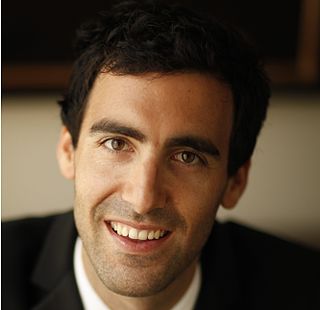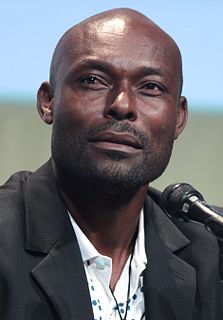A Quote by Jay Samit
So many of the major decisions that affect the entire future of your enterprise happen during its first year in business. In fact, most don't make it because they don't know how to get the resources they need to survive.
Related Quotes
I know how important it is to have your quarterback standing upright. Matter of fact, I know how important it is not to allow someone hit on him period because I want him to think that this pocket is completely safe, no one is going to get to me and I got all the time in the world to make whatever decisions I need to make.
Whatever it is, people have issues and that affects you deeply. So you have to get to the bottom of it and not let that affect your life decisions and really understand why you're making the decisions you make so that way you can understand how to not do that, so I always encourage people to ask why and then to really understand you, because that's the only way to be your most successful and your most happy.
As a young entrepreneur starting an enterprise company, be prepared for the fact that you'll need to get involved in enterprise sales. Everyone wants to speak to the founder, and this is also how you'll get feedback on your product. It's worth bringing in early somebody with enterprise sales experience.
During the time I was in office we have seen the beginning of the elimination of the fire season completely and are having fires all year round. I think we have seen the major problem of the destruction of land and property and lives that is a major problem because we don't have the resources for that many fires and we don't have the resources and the manpower to fight those fires throughout the year.
If someone really wants my company's business, why shouldn't he be able to do everything he can - including paying me off - to get that business? Because bribery encourages people to make decisions based on the wrong criteria, which means in the business world that it distorts the efficient allocation of resources.
Most argument, and in fact most conflict, has nothing to do with the present. It's always about the past or the future. People can't agree on the details of what has happened or is going to happen. But we rarely know what has happened, and we never know what is going to happen. What is really at dispute is how we will deal with not knowing.
The big idea we start with is: "How is the genome interpreted, and how are stable decisions that affect gene expression inherited from one cell to the next?" This is one of the most competitive areas of molecular biology at the moment, and the students are reading papers that in some instances were published this past year. As a consequence, one of the most common answers I have to give to their questions is, "We just don't know."


































